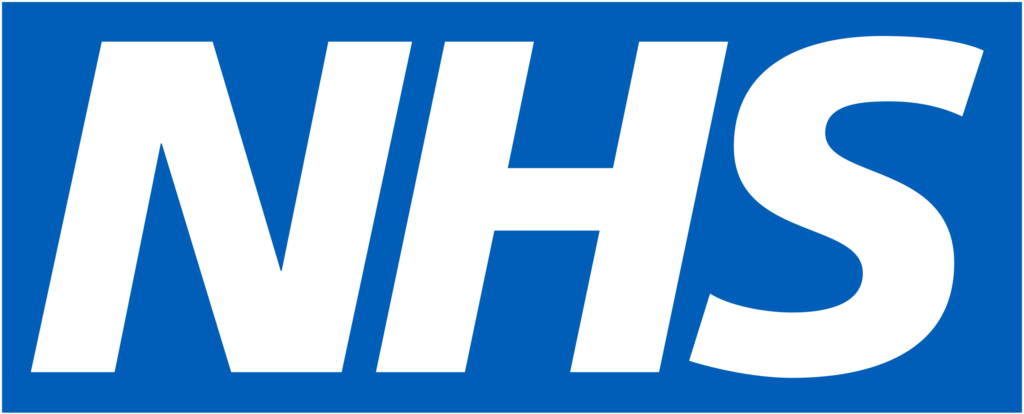Job Title
Project Communications Officer
Where are you based?
I work from home as I live two hours away from my NHS Trust’s Headquarters.
Is your role clinical or non-clinical?
Non-clinical
When you were at school, did you want to join the NHS?
I went to school in Australia, so I didn’t have any thoughts about joining the NHS.
What qualifications did you have when you joined the NHS?
I have a Bachelor of Business (Public Relations) and I have completed a Graduate Certificate of Creative Industries in Communication Design and part of one in Publishing and Editing.
How did you come to work in the NHS?
After I left University, I worked at a management consultancy as a Communications Officer. I organised events and conferences as well as all the publicity about them. I later worked as the Publications Officer at a University in Australia where my main job was to put together the prospectuses to encourage students to choose this University. After I came to the UK, I worked in the charity sector for 15 years focussing mostly on fundraising in all of its different forms.
How did I end up in the NHS? I have a friend I used to work with, who now works in Communications for the NHS and she advised me to sign up to the NHS job emails to see what was available.
Briefly explain your job
I work in a non-clinical role as a Project Communications Officer. The team I work with has two main projects across Hampshire and the Isle of Wight. One is to provide Health and Wellbeing services for staff and the other is the 350+ Careers Programme. I provide communications support to the programme, which means I help them tell people about the programme. It’s all about getting the right message to the right people at the right time, using the right method of communication.
What do you love about your job?
I love to be part of a team and my work is quite creative.
What is challenging about your role?
There’s always a lot to be done and not always a lot of time to do it in and there’s always a strict budget about how much money you can spend.
Which colleagues support you in your role?
The rest of the people in my team are also non-clinical. We have an Associate Director who is all about the big picture and what we are trying to achieve through the programme. We also have a Programme Manager who keeps us all working towards our goals as a team and helps with all the practicalities of budgets and reports. The Project Managers brief me on the details of what they need to communicate and who they need to communicate it to and our Project Co-ordinator helps all of us with the tasks that help our programme to run smoothly.
Is there career progression in your role and how would you get there?
People who work in fields like Marketing, Communications and Public Relations come from all sorts of backgrounds. Some have university degrees or do a college course or some do courses through professional bodies such as the Chartered Institute of Marketing or the Chartered Institute of Public Relations. Some people might be a specialist in one field and then move into a communications role in the same industry.
What would you say to a young person thinking of joining the NHS?
The NHS is a really interesting place to work and you know whatever role you are in, it’s helping people.

